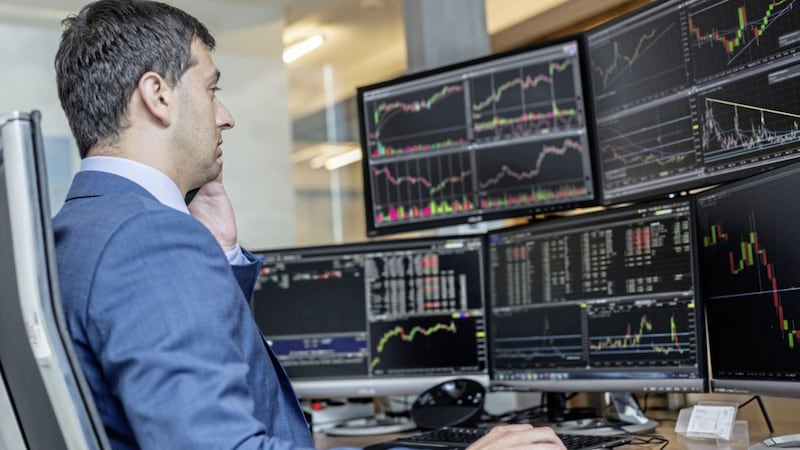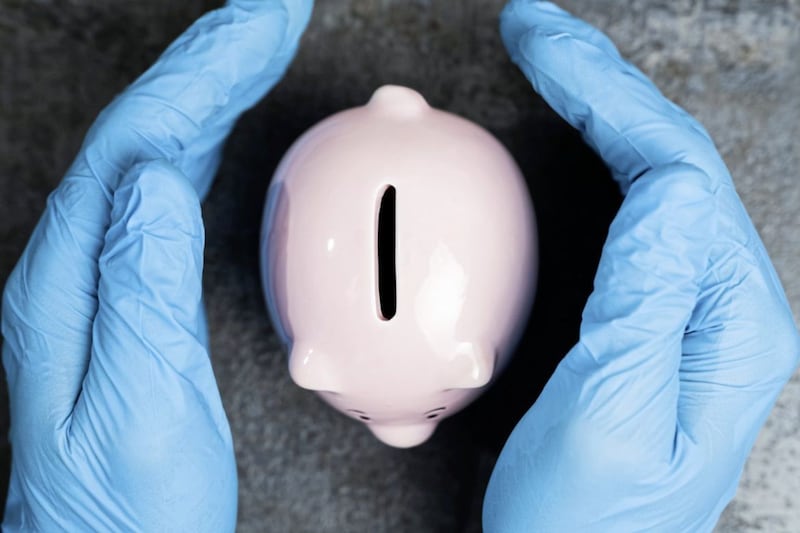AS investors, while we rely heavily on economic data and tracking graphs to guide investment decisions. So this week’s column comes with the insight that, sometimes, you can’t wait for the data to show you the signs you’re looking for.
Anyone watching the markets over the past three months will know all too well that it’s been something of a rollercoaster ride, and for some, the thrills may not have been much fun. Following the sweeping lows experienced at the end of March, the equity markets recovered strongly during April. However, early May has demonstrated a further fall and more volatility.
So the question is: what’s coming next? And what are these optimistic signs? Granted, global economic indicators make poor reading at the moment. While it’s obvious that there are still many challenges and uncertainties up ahead, it is, however, our view that the economy is starting to bottom out and we’re over the worst. We now expect equity values to begin to stabilise and very gradually to improve in a lot of sectors.
While on the immediate face of the evidence, it’s understandable that this statement might be met with a skeptical raise of the eyebrow: it certainly doesn’t look like it. The answer lies in observing previous crisis trends, which reveal that there is typically a disconnect between rising equity values when poor economic macro figures are still coming out. This disconnect feels unnatural and is unsettling, but to explain, the equity market looks at long term future earnings potential, and typically moves ahead of the short term indicators.
The normal pattern in a crisis is that equity markets fall first, and steeply, but they also recover before the economic indicators, due to their inherent cash flow valuation mechanisms and long-term forward-looking trajectory.
Investors should therefore be wary of waiting for earnings to rebound before buying back into the stock market. Stock markets tend to recover before earnings do. By the time earnings have begun to recover, any potential gain is already reflected in the price. Investors who sold out earlier due to fear, and then waited for positive signals before buying back into the stock market, would have missed out on a large chunk of the recovery.
It must of course be taken into consideration that there is never any guarantee, and investors should be wary of those with a ‘crystal ball’ prediction. Ultimately, investing does come with risk and you may get back less than you invested. However, those investors who hold diversified portfolios, and remain invested for the long-term, are more likely to reap rewards than those who cash out prematurely to crystallise their losses.
Even in the most challenging economic times, there may be light for investors who are prepared to increase their equity exposure carefully and selectively. Although we may not be in for the complete V-shaped economic rebound, things are more likely to improve than not, and there is room for cautious optimism over the longer term.
:: Claire McCombe is wealth manager at Barclays Wealth Management and Investments







